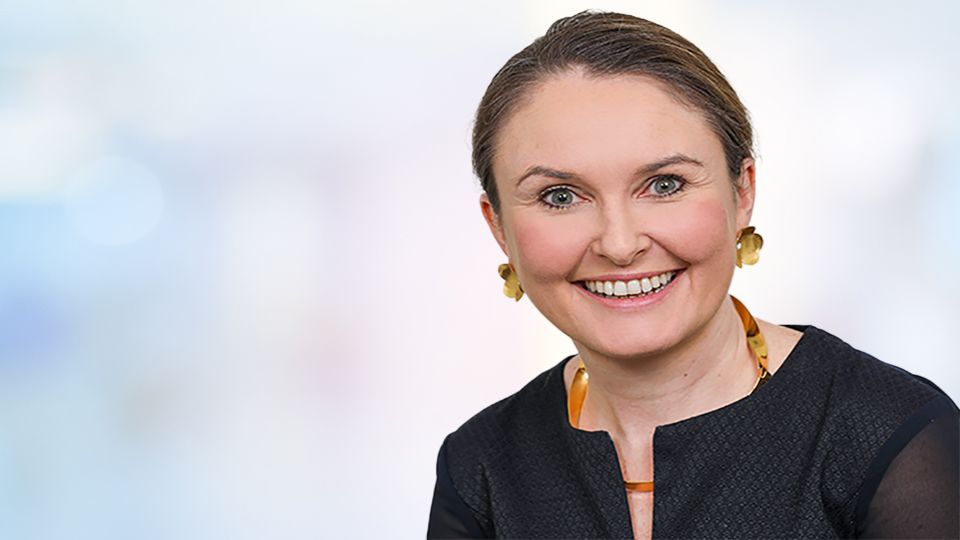Fund managers at Ninety One have said investment professionals are “overly reliant” on ESG ratings as research found the vast majority use third-party ratings in their research and plan to increase usage.
The asset manager surveyed 130 fund management professionals, including fund managers, intermediaries, asset owners, consultants and those in the distribution and asset servicing industries at a conference from 10-13 May 2022.
Some 88% of respondents said they use third-party ESG ratings across their investments or investment process, with 92% indicating they expect to up their use of ESG ratings in the future.
Deirdre Cooper (pictured), co-head of thematic equities and co-portfolio manager of the Ninety One Global Environment Fund, said optimising ESG ratings will not generate long-term portfolio outperformance.
“Findings from our survey underscore the need for investment managers to completely change the way that their investment approach works: that involves analysing not just the returns to their financial shareholders, but the returns to all stakeholders.
“We challenge the industry to put more effort into building sustainable investment frameworks and move beyond the numbers to drive real change as the industry continues to evolve.”
Last November, the International Organization of Securities Commissions (IOSCO) issued a report on ESG ratings and data providers with 10 recommendations for improvements after it found a series of key issues including:
- There is little clarity and alignment on definitions
- There is a lack of transparency about the methodologies underpinning ratings
- There is an uneven coverage of products offered, with certain industries or geographical areas benefitting from more coverage than others
- Concerns about the management of conflicts of interest
IOSCO said regulators should consider “establishing regulatory expectations around good practices in corporate governance to help ensure appropriate independence and objectivity” which would turn into a greater level of confidence when using ESG ratings. However, it reiterated, over-reliance on ratings should be avoided.
Company culture
Additionally, the survey found 81% consider diversity when selecting investment teams to feature in portfolios, which Ninety One said indicated social capital and corporate culture have been prioritised.
Stephanie Niven, portfolio manager of the Global Sustainable Equity Fund, commented: “We are living in a world of rapid change where inclusive diversity is increasingly important to making better decisions. While there is more work to be done, these results indicate that people are recognising the significant positive potential in human capital. We need to think beyond the obvious and evolve sustainable investing to capture what really matters to creating sustainable value creation for all.”








